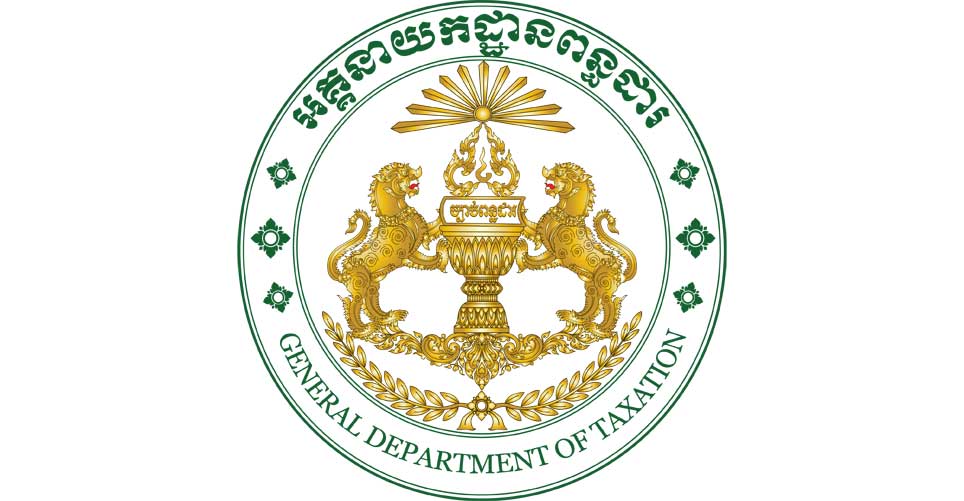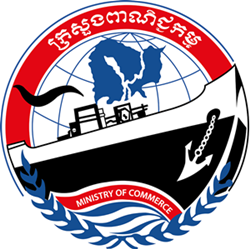Issue Description
Many countries, including Vietnam, have introduced articles into laws to prescribe the damages that can be claimed through the courts by brand owners against entities that have infringed upon their Intellectual Property Rights (IPR). Such damages may include ‘material damages’ such as revenue opportunity losses, as well as ‘spiritual damages’ in which the actions of the infringing party have damaged the brand owner’s non-monetary assets such as the prestige and reputation of the brand. Profits retained by the offending party as a result of the infringing actions are often required to be returned to the brand owner.
Cambodia does not have such provisions – the courts use normal Civil Code provisions when considering damages for IPR infringement cases. This formulation tends to result in lower levels of compensation than would be expected in an equivalent case in many other countries. Furthermore, the Civil Code does not contain any provisions that require profits retained by the offending party as a result of the infringing actions to be returned to the brand owner.
Impact on business
The lack of specific remedies for IPR infringement cases, resulting in relatively low levels of compensation being awarded to brand owners through the courts, means that the risk of having to pay damages to the brand owner does not serve as a large deterrent effect to entities considering engaging in IPR infringement. Indeed, as profits can be retained by the offending party, there can be an economic incentive to engage in such activity. This lessens the array of tools available to protect the IPR of legitimate brand owners.
Recommendation
- Consult with the private sector to develop legal instruments to define specific remedies for Intellectual Property Rights infringement cases.
We respectfully recommend that the Royal Government of Cambodia consult with the private sector to develop legal instruments to define specific remedies for IPR infringement cases. The objectives of such instruments should be to more fairly compensate the brand owner for damages incurred and to act as a deterrent against prospective IPR infringement activities.
Specifically, amendments to relevant intellectual property laws should be made to clarify the following issues in relation to IPR cases:
- The basic elements to take into account for the calculation of civil compensation;
- The modality for determining damages;
- Types of reparatory damages.
Furthermore, the option of introducing punitive damages in case of large-scale infringement or infringement committed by organised crime groups should be considered. Note that punitive damages aim at punishing the defendant in a civil lawsuit and deterring them from committing other infringing acts in the future. Thus, in addition to damages for actual prejudices caused by the infringing act, the judge may order the defendant to return all the profits resulting from infringement to the rights holder. This may include all the material and equipment used for committing infringement.
Royal government of Cambodia
Initiative from Eurocham: The issue has been raised by the Tax Committee within The White Book edition 2024 in the Recommendation No. 70.

National Counterparts

General Department of Taxation

Ministry of Commerce

